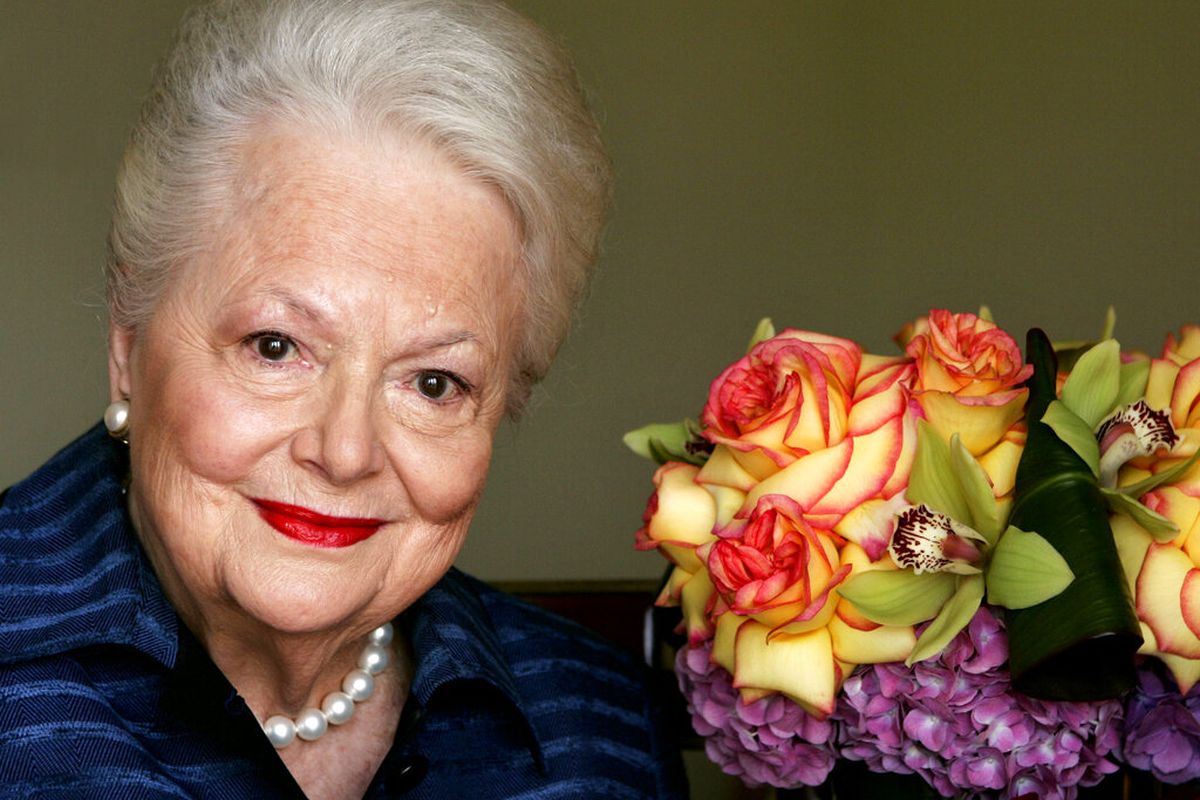Olivia de Havilland of "Gone with the Wind" Dies at 104

And in a shocking move for the era, she sued the studios, demanding release from a seven-year contract.
In 1945 she won the case — a far-reaching ruling that gave actors the right to choose their own roles and career paths that is still known as the de Havilland law.
"You were a great celebrity but also a slave," she said of the previous system in a 2009 interview with The Irish Independent.
Having been blacklisted for three years and unable to work, her career was revived by the legal victory, bringing her the freedom to pick her roles.
In 1946 she won her first Oscar for "To Each His Own" with her portrayal of an unmarried mother's heartbreaking struggle over a child she could not acknowledge.
She won her second Oscar for her role as a socially inept spinster in "The Heiress" three years later.
Famous sister, infamous feud
Olivia de Havilland was also involved in her own real-life Hollywood drama: a long-running estrangement from her sister Joan.
Joan was one year her junior and the lead in classic films by Alfred Hitchcock, Orson Welles and Max Ophuls.
Neither actress ever spoke publicly about their feud and their careers shuttled along in frosty parallel.
In 1941 de Havilland lost out to Fontaine for an Oscar and the sisters, born to British parents living in Tokyo, remain the only siblings in Academy Award history to have both won lead acting honors.
Twice married and with two children, Olivia's second husband was French journalist Pierre Galante and the relationship took her to Paris in the mid-1950s where she remained.
In the 1970s and 1980s, she shuttled back to the US for film and television work, but she progressively retreated from the limelight.
Roles were hardly forthcoming in her adoptive France.
"I thought that I had made great progress with my French when a grande dame said to me one day: 'You speak French very well Olivia, but you have a slight Yugoslav accent.' I suppose there were not parts in French movies for actresses with Yugoslav accents," she told The Irish Independent.


































